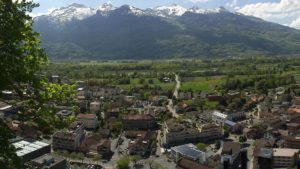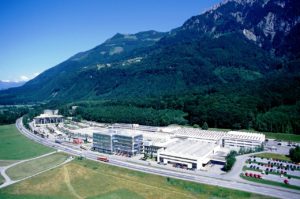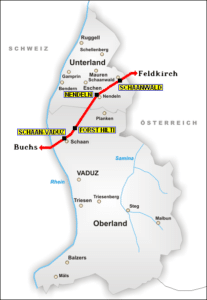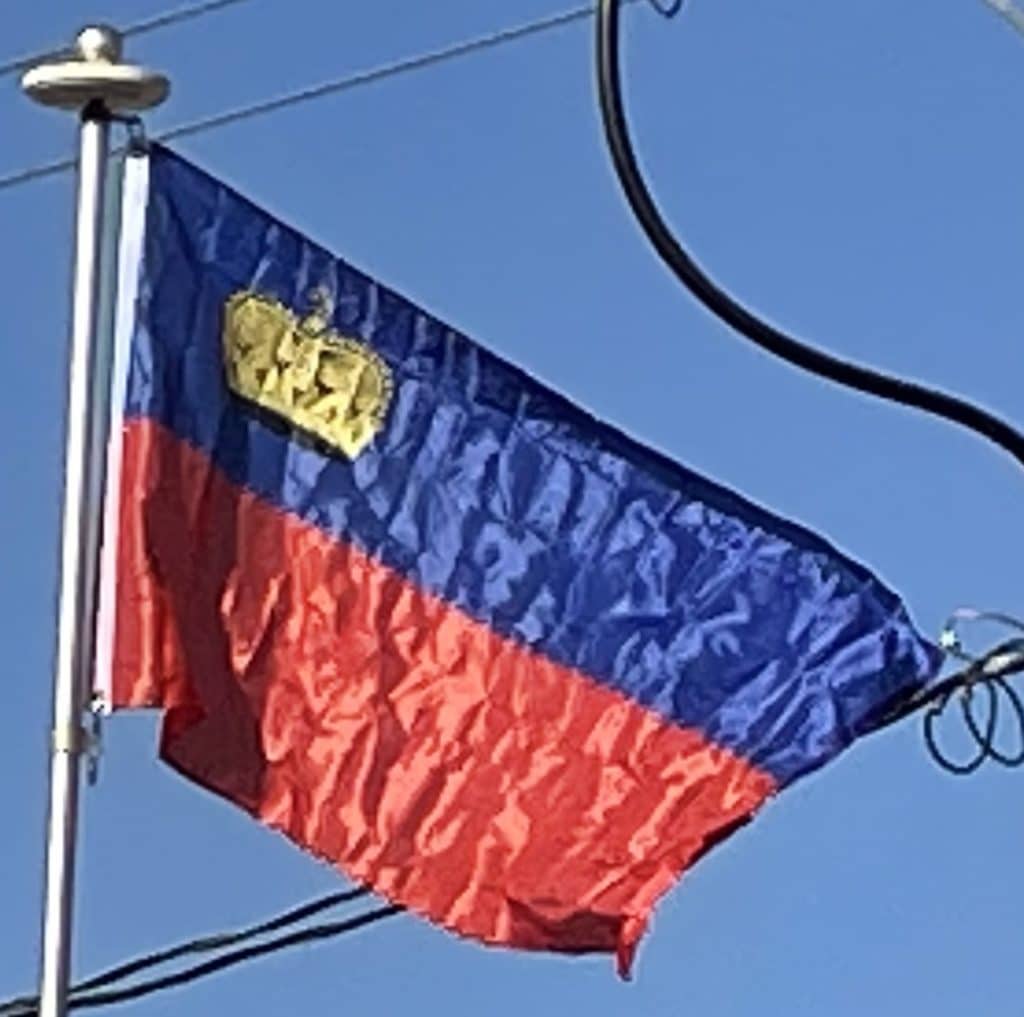Liechtenstein is one of the world’s two doubly landlocked countries — countries wholly surrounded by other landlocked countries (the other is Uzbekistan). Liechtenstein is the sixth-smallest independent nation in the world by area.
The principality of Liechtenstein is divided into 11 communes called Gemeinden (singular Gemeinde). The Gemeinden mostly consist of only a single town or village. Five of them (Eschen, Gamprin, Mauren, Ruggell, and Schellenberg) fall within the electoral district Unterland (the lower county), and the remainder (Balzers, Planken, Schaan, Triesen, Triesenberg, and Vaduz) within Oberland (the upper county).
Economy:
Despite its limited natural resources, Liechtenstein is one of the few countries in the world with more registered companies than citizens; it has developed a prosperous, highly industrialized free-enterprise economy and boasts a financial service sector as well as a living standard that compares favorably with those of the urban areas of Liechtenstein’s much larger European neighbors.

Liechtenstein participates in a customs union with Switzerland and employs the Swiss franc as the national currency. The country imports about 85% of its energy. Liechtenstein has been a member of the European Economic Area (an organization serving as a bridge between the European Free Trade Association (EFTA) and the European Union) since May 1995.
The government is working to harmonize its economic policies with those of an integrated Europe. In 2008, the unemployment rate stood at 1.5%. Liechtenstein has only one hospital, the Liechtensteinisches Landesspital in Vaduz. As of 2014 the CIA World Factbook estimated the gross domestic product (GDP) on a purchasing power parity basis to be $4.978 billion. As of 2009 the estimate per capita was $139,100, the highest listed for the world.

Industries include electronics, textiles, precision instruments, metal manufacturing, power tools, anchor bolts, calculators, pharmaceuticals, and food products. Its most recognizable international company and largest employer is Hilti, a manufacturer of direct fastening systems and other high-end power tools. Many cultivated fields and small farms are found both in the Oberland and Unterland. Liechtenstein produces wheat, barley, corn, potatoes, dairy products, livestock, and wine.
Transportation:
There are about 250 km (155 miles) of paved roadway within Liechtenstein, with 90 km (56 miles) of marked bicycle paths.
A 9.5 km (5.9 mi) railway connects Austria and Switzerland through Liechtenstein. The country’s railways are administered by the Austrian Federal Railways as part of the route between Feldkirch, Austria, and Buchs, Switzerland. Liechtenstein is nominally within the Austrian Verkehrsverbund Vorarlberg tariff region.

There are four railway stations in Liechtenstein, namely Schaan-Vaduz, Forst Hilti, Nendeln and Schaanwald, served by an irregularly stopping train service between Feldkirch and Buchs provided by Austrian Federal Railways. While EuroCity and other long-distance international trains also travel along the route, they do not normally call at the stations within the borders of Liechtenstein.
Liechtenstein Bus is a subsidiary of the Swiss Postbus system, but separately run, and connects to the Swiss bus network at Buchs and at Sargans. Buses also run to the Austrian town of Feldkirch.
